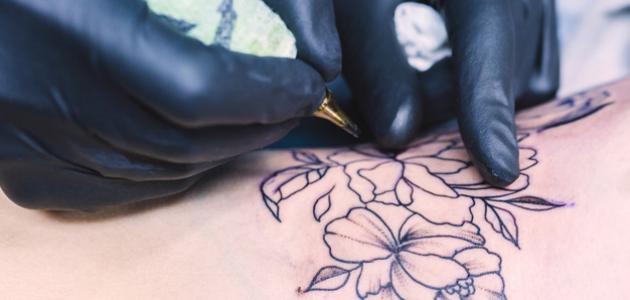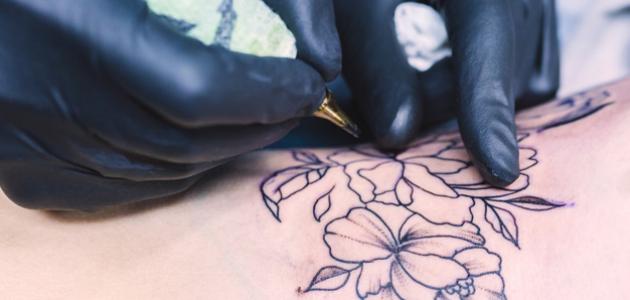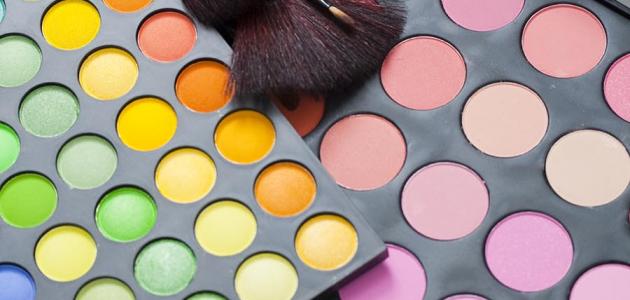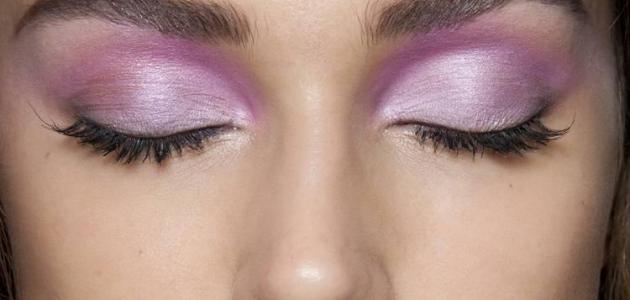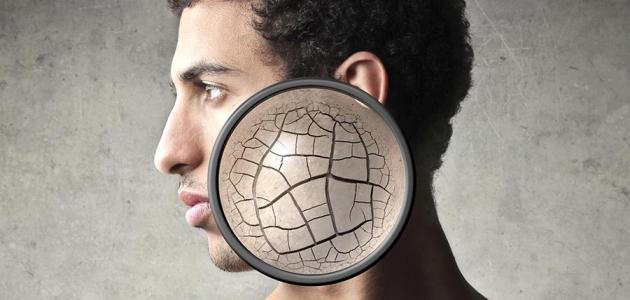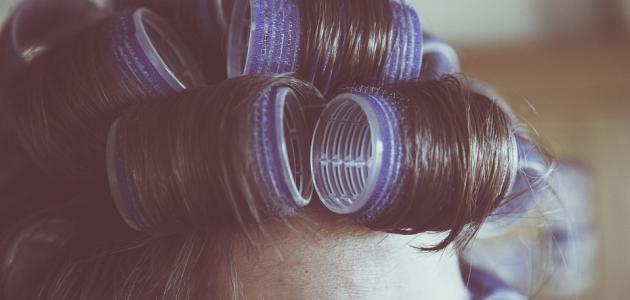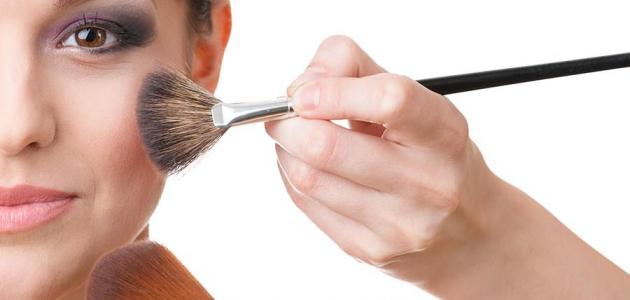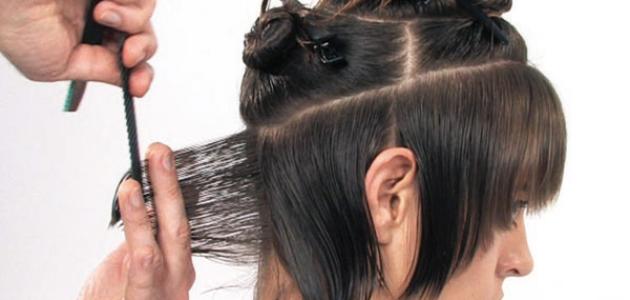Tattoo
Tattoos are defined as permanent marks placed on the skin using ink and needles. Once the ink enters the second layer of the skin, which is called the dermis, the wound will heal, the layer of skin will heal, and then the designs drawn under the new layer will appear, and tattoos have been popular since ancient times as part of ceremonial rituals. On this the rituals of sacrifice in African civilizations, as tattoos were drawn in different languages, and many symbols, connotations, images, and lines were used in his drawing. [1]
Cons of drawing tattoos
Tattoos may be considered one of the latest trends in these days, and that is why we may find many people drawing tattoos on their entire body, only to keep up with this trend, but tattoos may cause many problems for humans. It is worth noting that most of the people who fall prey to tattoo art are those who are young , most of them may see that it is beautiful and gentle, and in fact the disadvantages of tattooing far exceed its positives, and in the following we will explain some of these negatives: [2] [3]
- The insulting view: The first negative of tattooing is the perception of people - especially the elderly - of the person who drew tattoos on his body. As it will lose the respect of society , and people will start to view it in an inferior way.
- The inability to remove tattoos : since tattoos are a permanent mark that cannot be removed, this permanence alone is enough to be negative, because a person’s feelings, thoughts and relationships change from time to time. For example, he may smell a phrase on his body that expresses his love For someone, and his relationship with this person may fail and he will break up with him, and as a result, he will regret the phrase he wrote on his body; As he will not be able to remove them even if he wanted to.
- Change in personality: Most people in society believe that tattooing stems from a change in a person's personality and behavior, and many believe that the person who draws tattoos on his body usually possesses a rebellious and rebellious personality against the customs and traditions of society.
- Sensitivity: One of the drawbacks of tattooing is the effects it leaves on sensitive skin . Whereas, people who have sensitive skin are more likely to have a rash . As the ink used in tattoos can cause allergic reactions for many people.
- Infection: This is another harmful negative. People who draw tattoos on their bodies may be infected with some types of infection, and this may happen due to the use of contaminated and non-sterile tools, and the infection may cause the transmission of some dangerous diseases to humans, including hepatitis C disease , or Human immunodeficiency virus (HIV), or tetanus , and these diseases are transmitted through non-sterile tattoo needles, which are contaminated with many types of microbes that cause infection and disease.
- Post-tattoo care: One of the main drawbacks of tattooing is neglecting the care that should be taken after the tattoo is finished. As the person who has tattooed his body, he can expose himself to many great dangers, if he does not follow the rules that the specialist in tattoo drawing told him.
- The inability to donate blood: The person who drew tattoos on his body, cannot donate blood to others at all, and this of course is also considered a major disadvantage of tattooing.
- Reducing job opportunities: People who have tattooed their bodies may find it rejected by some job companies . This is because these companies consider tattooing an ugly and unpleasant sight.
- Inflammation of tissues or nodes under the skin: This causes a condition called granuloma, which appears around the tattooed area.
- Skin infection: such as infection with the bacteria Staphylococcus aureus, or tuberculosis .
- Keloids: or formation of scar tissue in the skin .
Sharia rule for tattoos
The majority of jurists are of the view that tattooing is forbidden according to Sharia. Based on the authentic prophetic hadith that was proven on the authority of the Prophet - may God bless him and grant him peace - regarding the curse of the tattooist and the tattooist, it was narrated from Abdullah bin Omar on the authority of the Prophet - may God bless him and grant him peace - that he said: (God cursed the linker and the one that is connected, the tattooist and the tattooist) , [4] and excluded some Jurists are a situation in which tattooing is not forbidden. That is, when tattooing is a means of treating a disease and curing it, it is permissible for necessity Because according to what the legal rule states, necessities permit prohibitions. [5]
References
- ↑ JODIE MICHALAK (24-2-2018), "What is a tattoo?" , Www.liveabout.com , Retrieved 11-5-2018. Edited.
- ↑ Denise Baptiste (27-3-2014), "Disadvantages Of Getting Inked Permanentlyl" , www.boldsky.com , Retrieved 11-5-2018 . Edited.
- ↑ Valencia Higuera (8-8-2018), "Getting Tattooed or Pierced" , www.healthline.com , Retrieved 11-5-2018. Edited.
- ↑ Al-Bukhari narrated it, in Sahih Al-Bukhari, on the authority of Abdullah bin Omar, page or number: 5937, authentic.
- ↑ A group of scholars, The Kuwaiti Encyclopedia of Jurisprudence (second edition), pp. 157-159, part 43. Acting.
